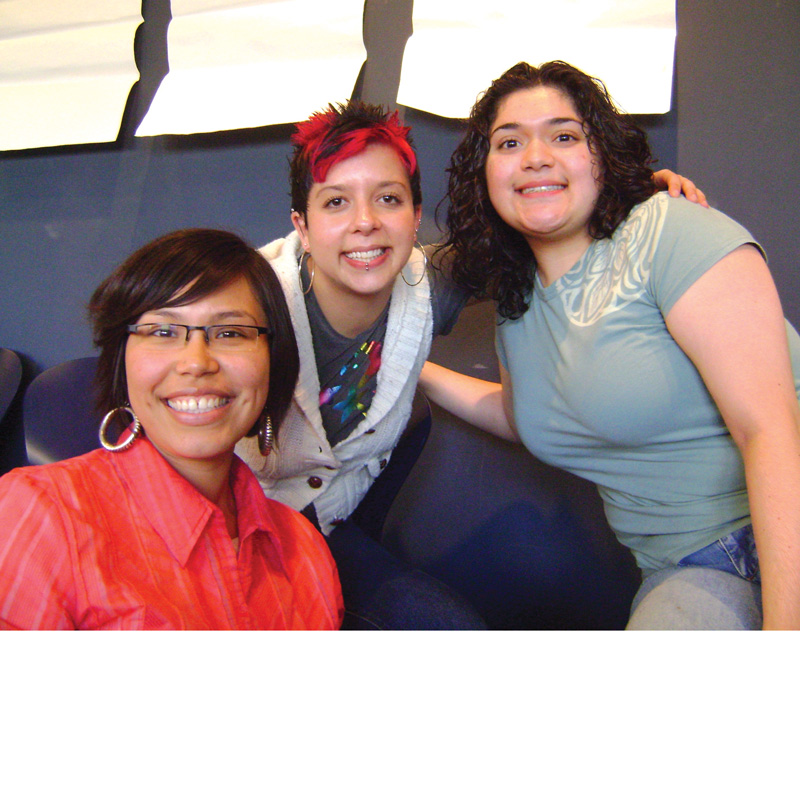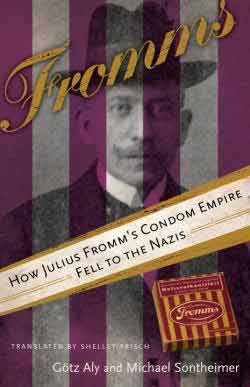By placing so much emphasis on the act of revealing…we are implicitly arguing that to be queer is, in effect, to always have to come out.
Category: Race, Sex, Gender, and Sexuality
Violence is usually discussed within the context of heterosexual families and social groups. It’s widely assumed that people in same-sex households, communities, and relationships are either incapable of causing harm to each other, or that their needs can’t be met by mainstream anti-violence groups. As a result, significant issues like intimate partner violence or the particular needs of transgender youth seeking shelter from abusive homes are not addressed. This leaves portions of the LGBTQ community without the conventional resources available to heterosexuals who seek relief from abuse.
Soon to enter its 13th year, Dyke March Chicago is, for many lesbians and transgender people, an alternative to Pride Parade. Historically, the March has remained on the city’s North side. This year, it’ll be in Pilsen, home to a predominantly Latina/o community. In the last few weeks, organizers began hearing complaints about the change in venue, and decided to hold a town-hall meeting. According to Nicole Perez, a member of the Dyke March organizing committee, the event was held to dispel misinformation and stereotypes about the logistics of the March and the neighborhood.




![Singled Out: How Singles Are Stereotyped, Stigmatized, and Ignored, and Still Live Happily Ever After by [DePaulo Ph.D., Bella]](https://images-na.ssl-images-amazon.com/images/I/41F8kg5M3rL.jpg)
